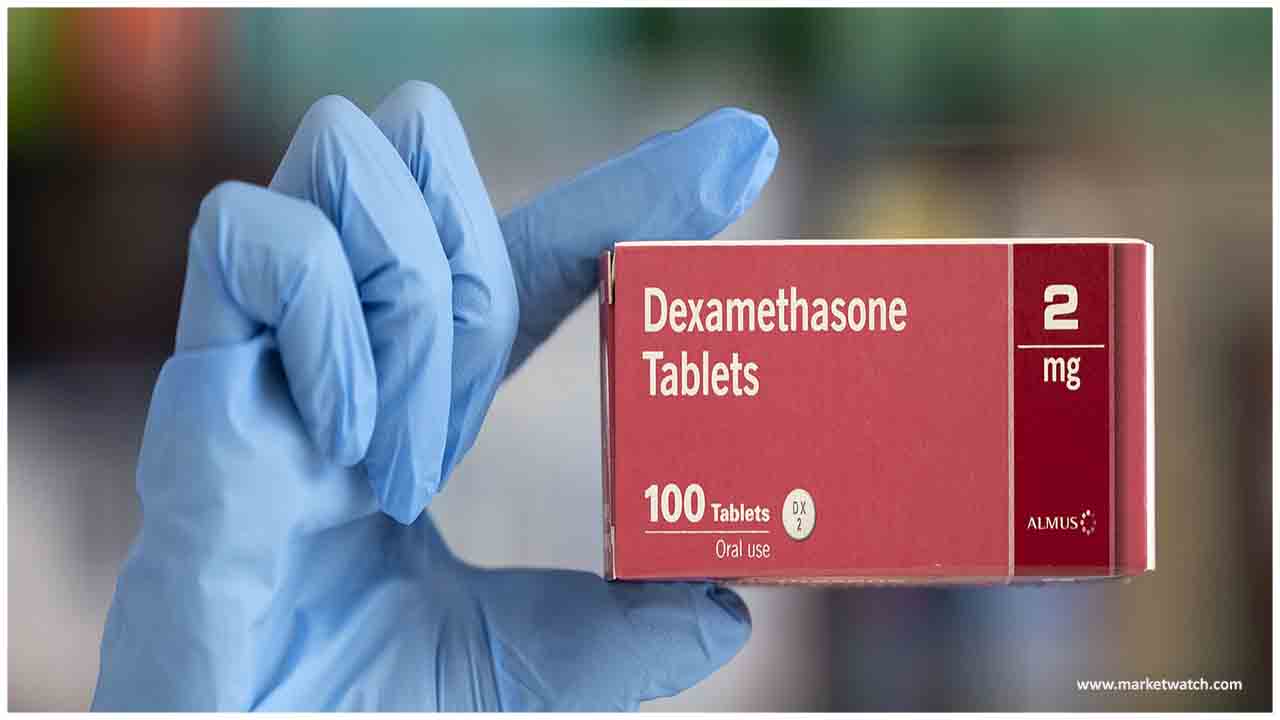Dexamethasone is being hailed as a breakthrough because the steroid has shown the first signs of reduced mortality in severely ill COVID-19 patients. A recovery trial within the UK, the biggest such trial within the world for therapies for coronavirus, has found that low doses of dexamethasone can save a COVID-19 patient on a ventilator. But India remains very cautious towards the attention the steroid has received in the world. One among the explanations is that the steroid still has got to undergo various scientific scrutinies.
The study data showed that the fatality rate in patients, who required ventilation and were being administered dexamethasone, fell from 41% to 28%. In intermediate patients, who required oxygen support only, the deaths were reduced by a fifth thanks to dexamethasone. Dexamethasone can bring down deaths to 20% in comparison to 25% while on standard care.
ICMR has taken clinical precision towards the utilization of dexamethasone as a wonder drug for the deadly virus.
A top ICMR official is reportedly quoted as saying, "Giving a steroid to hypertensive and diabetic patients is often challenging. it might be great if the evidence suggests that it's ready to contain a cytokine storm. Then the drug is going to be the most cost-effective alternative to currently studied monoclonal antibodies. it might be premature to discuss it before it's published."
The concern isn't wrong. At this moment, the information of the case histories of patients has not been presented. We don't know if the steroid was administered to patients who may have had severe co-morbidities like a thyroid disorder; stomach ulcers, colitis, or diverticulitis; depression, mental disease, or psychosis; liver disease (especially cirrhosis); high blood pressure; osteoporosis; a muscle disorder like myasthenia gravis; or disseminated sclerosis. India’s death figures have also hinted that the majority of people that died of COVID-19 had underlying co-morbidities.
Dr. Mande DG, CSIR reportedly said that until today, many doctors around the world and India probably would have already tried this out on patients who are critically ill.
"Dexamethasone should only be taken under medical supervision and is clearly just for critically ill patients, one shouldn't choose self-medication,” Dr. Mande was quoted as saying by a reputed news media.
In India, anti-inflammatory remdesivir has been sanctioned as a treatment of critical patients within the clinical protocols issued by the Union Health Ministry last week. The drug is patented by Gilead Science and is an intravenous drug utilized in hospital settings only.
There is no ambiguity that there is a distinct difference between remdesivir and dexamethasone, and their efficacies as possible therapies for coronavirus. “The difference between remdesivir and dexamethasone is that the previous reduce stay in hospitals from 14 days to 10-11 days as claimed during a clinical test, while dexamethasone’s claimed benefit is that it reduces the mortality in critically-ill COVID-19 patients,” Dr. Mande reportedly said.
Dr. Mande also stated that a variety of trials on a number of the anti-inflammatory molecules are underway in India. India is the biggest manufacturer of dexamethasone, which is out there as a tablet also as an injection. over 20 companies sell the drug and it's cheaply available across the market. Fortunately for the coronavirus patients, the drug is reasonable and costs but Rs 3 for a strip of 10 tables. the united kingdom has begun to stockpile this drug.

 Dexamethasone can bring down deaths to 20% in comparison to 25% while on standard care
Dexamethasone can bring down deaths to 20% in comparison to 25% while on standard care









.jpeg)



















.jpg)
.jpeg)